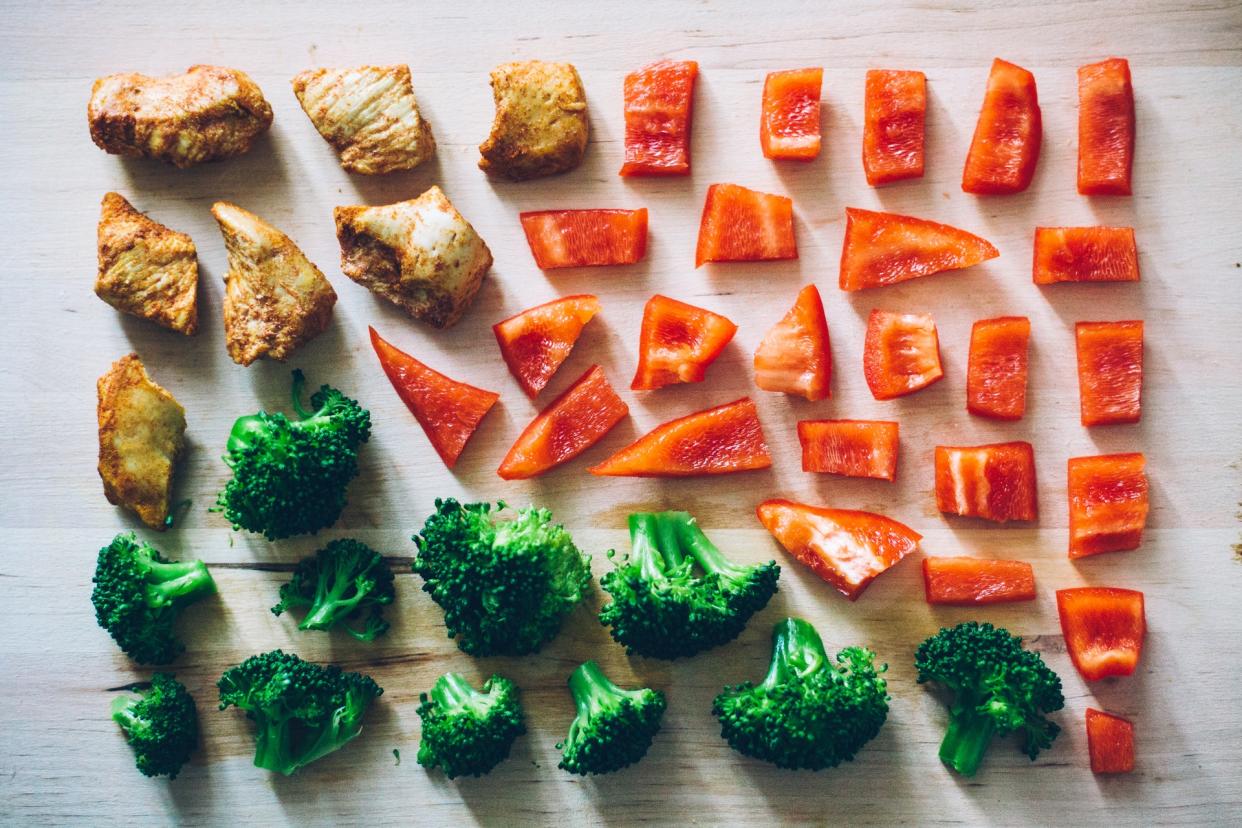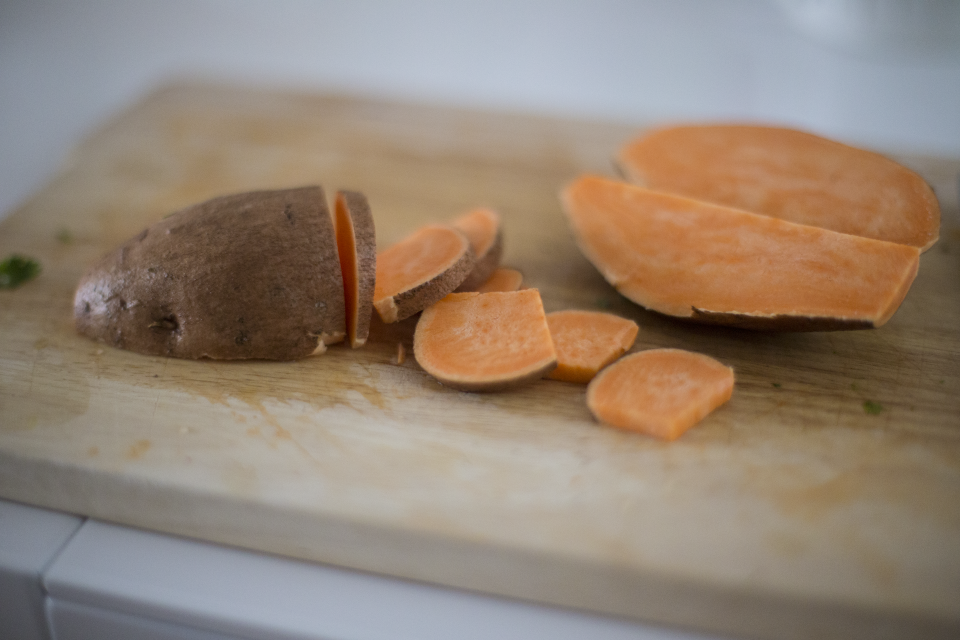How doctors suggest you really lose weight

Shut off Instagram, cross out that ‘beach body’ deadline on your calendar and march your way back to Morrison’s potato aisle this very second.
Because this summer will not be like previous summers.
The words ‘detox’ and ‘Atkins’ and ‘juicing’ will no longer be part of your vocabulary, as 2017 will be remembered as the year in which you ditched fad diets and guilt and finally lost weight as a result.
Why? Because we asked two medical professionals – a GP and a dietician – which are the most effective and healthy ways to lose weight, and this is what they told us.
There are no shortcuts

It’s what no one wants to hear, but repeat after us: Fad diets do not work.
That you could simply add or subtract one food group from your diet and permanently change your life is a nice, but impossible, idea:
“Fad diets often see people putting weight back on immediately after finishing their ‘diet campaign’ because they haven’t changed their everyday eating habits significantly,” Dr Louise Newson, a GP that runs a private clinic at Spire Parkway Hospital in Solihull, says.
“The most important thing is to make sure you are eating a healthy, balanced diet ideally containing plenty of fresh fruits and vegetables that are in season.
“Basically, you can’t go wrong if you ‘eat the rainbow’ – that is as many different coloured fruits and vegetables as possible!”
And though you might feel pretty confident you’re getting your five-a-day (or is it ten now?), it’s important to get it right.
Juicing is not the holy grail

Doctify dietitian and nutritionist Mr Filip Koidis warns that despite the fact smoothies and health juicers are considered an “inseparable aspect of a healthy diet” nowadays, they’re far from perfect.
In fact, by getting juicing machines to blend up fruit and veg instead of our bodies doing that for us, we’re missing out on an important physical process.
“If you start bypassing these procedures and feed liquids directly into your body, you lose sense of portion sizes and how much sugar you’re allowing into your body, your gut becomes sluggish and you miss out on important fibre.
“There is a good chance you’ll get hungry sooner than if you’d eaten the individual smoothie/juice items individually instead of blending them together.”
Get a good night’s sleep
According to Koidis, poor sleep is associated with poor food choices, pushing your health goals down your priority list and hormonal dysregulation “which can all lead to weight gain”.
So make sure you get your eight hours, however hard it seems.
Detox diets are a load of rubbish

“Although detox diets claim to facilitate toxin elimination and aid weight loss, from a science perspective there isn’t enough evidence of their commercial claims and they don’t really make much sense,” says Koidis.
“The liver, kidneys, lungs, and several other organs work around the clock to remove harmful substances and excrete the waste products of metabolism.
“Even if a substance really is noxious, a cleanse won’t help.”
Foods low on the glyacemic index are your friend

“These are the foods that effect blood sugar/glucose levels) such as brown rice and sweet potatoes,” says Dr Newson.
“These type of foods can actually help to reduce cravings for the foods that aren’t as good for you.”
Stay away from foods labelled as ‘low-fat’
“These usually contain high amounts of sugar which the body converts to fat,” explains Dr Newson.
It’s not all about ‘calories in versus calories out’

“The reality is not that straight forward nor that simple,” says Koidis.
He says that calorie burn estimates can be “hugely imprecise” – think online calculators and fitness trackers – and that even under laboratory conditions calorie expenditure could be off “by as high as 45%”.
“Individuals also burn calories uniquely,” he says.
“Scientific studies have shown that we all have a different adaptive metabolic rate, which means each individual responds differently to the amount of calories ingested.”
And thanks to a process called “adaptive thermogenesis”, if you’re overweight, it’s likely you’ll have to work harder than your calorie calculator is telling you.
So don’t throw other healthy habits out of the window in favour of counting them.
Avoid processed foods

“I would certainly try not to eat any processed foods,’ Dr Newson warns.
“There are numerous hidden ingredients – such as sugar and salt – in many of them that can be detrimental for our health.”
Keep a healthy mindset

“Once you adopt this, there’s no such thing as post eating or drinking feelings of guilt or remorse,” says Koidis.
“It is a matter of priority – for example eating a big meal and your favourite desert on your birthday day or any other festive day is perfectly acceptable as for that instance you are not prioritising healthy eating, but enjoying that cake and wine with your loved ones.
“Re-arranging your priorities the day after, where healthy eating goes first for your own personal reasons, will not be a struggle at all.”
So stop punishing yourself; don’t despair after letting yourself have a treat now and then, and listen to your body to figure out what’ll work.
And remember that, as Dr Newson says: “It’s important to do what works for you – we are all different.”
Follow us on Instagram and Facebook for non-stop inspiration delivered fresh to your feed, every day. For Twitter updates, follow @YahooStyleUK.
Read more from Yahoo Style UK:
There’s a reason why you struggle to sleep as you get older
This is the secret to a good night’s sleep
This body positive blogger wants women to embrace their post-workout sweat patches


